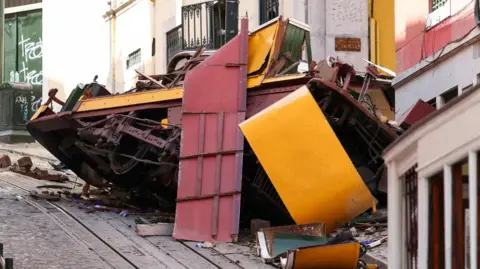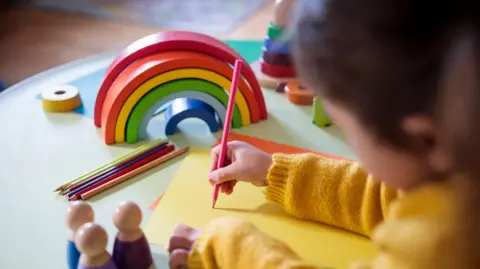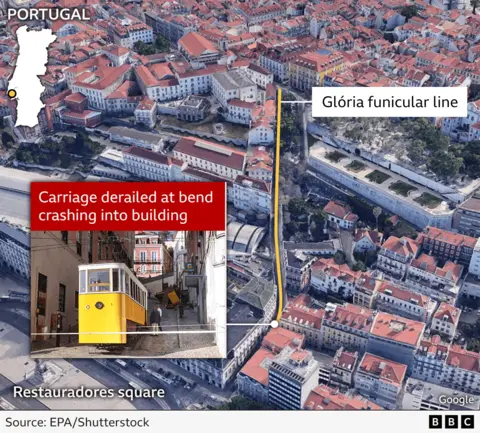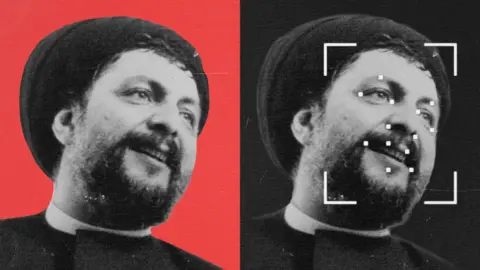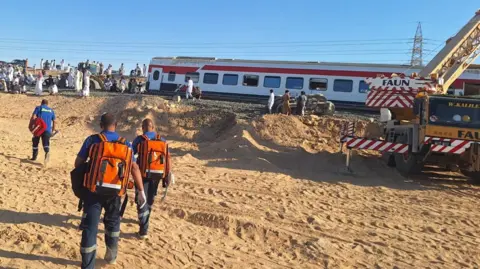Families of the victims of the tragic Jeju Air Flight 2216 crash are voicing their anger and disappointment over the recent investigation report that places the blame squarely on pilot error, with little acknowledgment of other critical factors involved in the disaster. The December incident claimed the lives of 179 individuals, making it South Korea's deadliest aviation accident.
According to local media reports, the investigation concluded that the pilot mistakenly shut down the wrong engine after a bird strike, inadvertently leading to the catastrophic crash at Muan International Airport. As Flight 2216 approached to land, its pilots reported a bird strike on one of the engines, subsequently issuing a mayday call. An attempt to land from an alternate direction ended in tragedy, with the aircraft skidding along the runway and colliding with a concrete barrier.
Family members assert that the investigation concentrated too heavily on the pilot's actions, disregarding significant contributing factors such as the concrete barrier at the end of the runway – a feature they argue exacerbated the crash’s severity. In an official statement, the bereaved families are urging for a more comprehensive, transparent inquiry and demand that investigators refrain from presenting findings prematurely.
The Jeju Air pilots' union echoed these concerns, criticizing the investigation for allegedly minimizing other potential factors and instead attributing the accident predominantly to human error. Despite familial protests, insiders indicate that the investigative body plans to adhere to its conclusions, supported by existing evidence.
In the wake of this disaster, South Korea's transport ministry announced that it would be removing concrete barriers at numerous airports, emphasizing the need for broader safety evaluations. In response to the findings, families have filed a criminal complaint against Jeju Air's chief executive, who, along with 24 others, is currently under investigation for possible negligence connected to the accident. The call for justice and accountability from victims' families highlights ongoing concerns regarding air safety regulations in South Korea.







